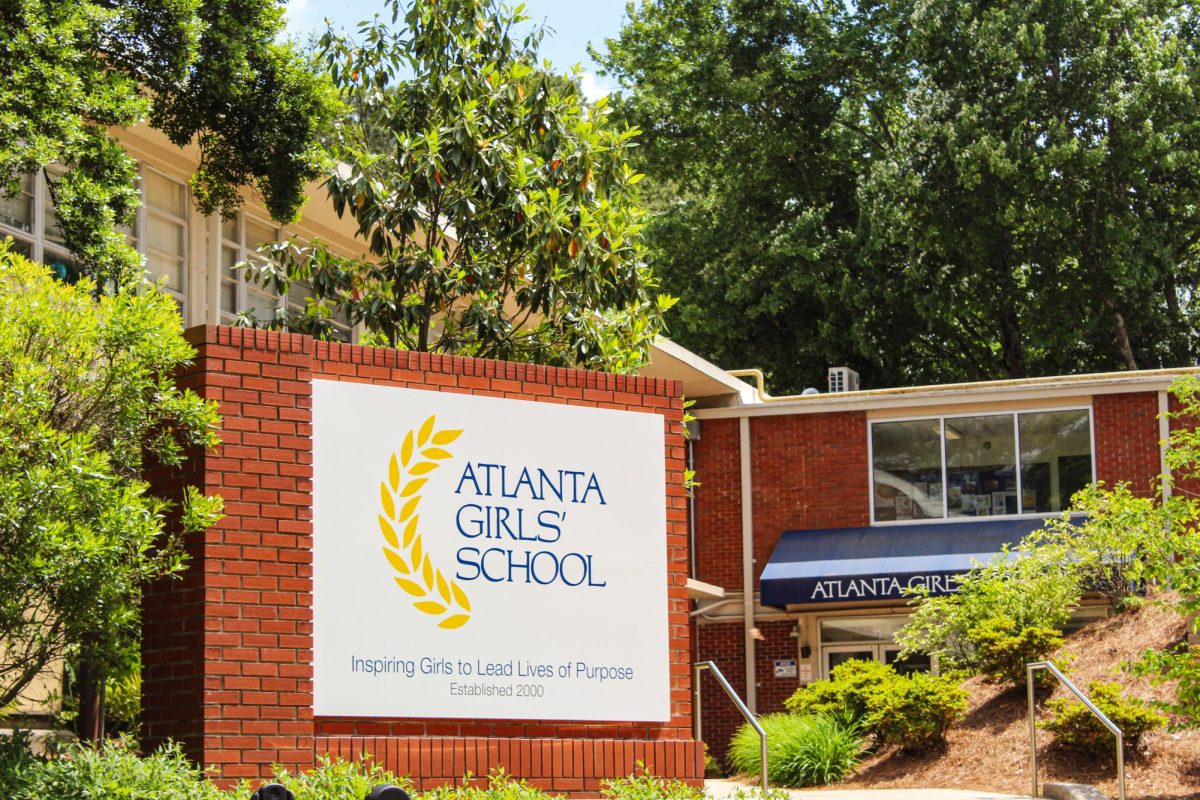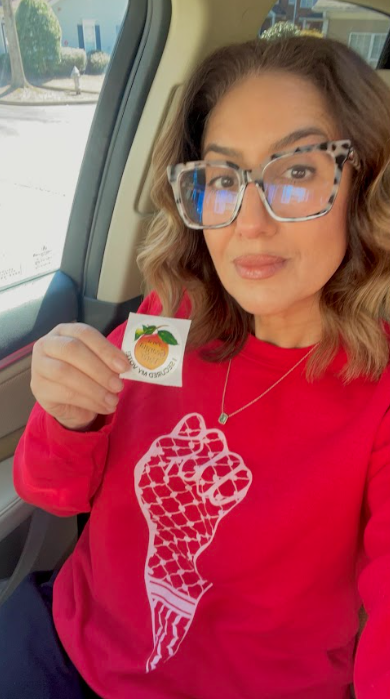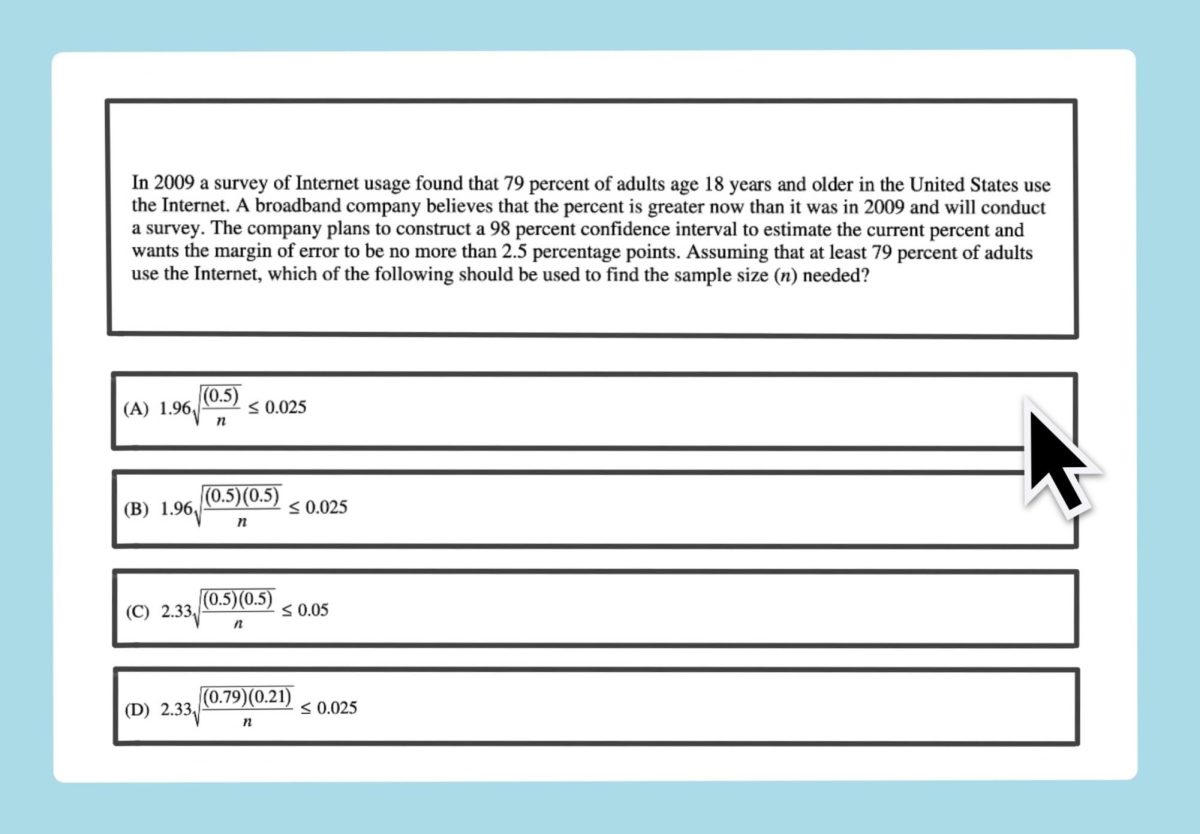The editors of SparkNotes proclaim that their mission is “to help you make sense of confusing schoolwork.” As most any high schooler can tell you, SparkNotes is a website designed to help students understand literary concepts specific to the novels that are most often assigned to students in high school and college classes.
SparkNotes provides information including, but not limited to, book summaries, chapter summaries, historical context, plot diagrams, character lists and analyses of major characters.
This site has become an essential component of the high school experience.
According to a poll of 105 Grady students by The Southerner, 94 percent of Grady students surveyed have used SparkNotes, CliffsNotes or another online source to complete a literature assignment, and 35 percent of Grady students surveyed use SparkNotes or another source for approximately half of their reading assignments.
“I used SparkNotes for reading assignments in most of my literature classes,” Christopher Carson, a Grady alum said. “I started to use it as early as ninth grade, and just continued to use it.”
The poll also showed that 60 percent of Grady students started using SparkNotes in middle school.
The use of SparkNotes is an irrefutable fact. The question is whether students use or abuse the site’s content. Grady AP Language and Composition teacher Lisa Willoughby contests that it’s the latter.
“I’m perfectly fine if students use SparkNotes as a supplement to their assigned reading,” Willoughby said. “My problem is that many students aren’t completing the reading—they’re just reading the summaries online and copying that information almost verbatim onto their assignments.”
Many feel that the use of SparkNotes is an essential and appropriate part of the completion of assignments for literature.
“I would use SparkNotes whenever I didn’t feel like reading the book was an appropriate use of my time, but I wouldn’t always use SparkNotes as a full substitute for reading,” Carson said. “I didn’t see my using SparkNotes as a problem because I used it mainly as a supplemt to help understand what I was reading.”
Willoughby feels similarly.
“What I and other literature teachers want is for students to learn how to understand literature on their own,” Willoughby said. “If they are simply reading other people’s conclusions online, not only are they not learning, they are cheating. If a student copies down information from a website onto a quiz or test, that is plagiarism.”
Grady school policy does not reference SparkNotes or other online sources as cheating but does state that when a student submits any work that isn’t his or her own, the student is committing an act of plagiarism.
Students see it differently. When given the choice of describing the use of SparkNotes as helpful, necessary, unnecessary, or cheating, 80 percent of the 105 Grady students surveyed said that SparkNotes was helpful. Nine percent of Grady students surveyed think that using SparkNotes or another online source is necessary to complete literature assignments. Only one percent of students surveyed.
In the past, however, students used resources SparkNotes and CliffsNotes differently.
“I actually have a collection of the old CliffsNotes books that students used to have to buy,” Willoughby said. “You would have to go out and buy CliffsNotes books that were specific to the novel you were reading. I think the purpose of buying these books was the same as the purpose is now.”
Willoughby said the reaction to people using these books was much different as well.
“Using these books was a little less commonplace than it is now,” Willoughby said. “But I remember that both teachers and students would sometimes make fun of those students who used the books.”








